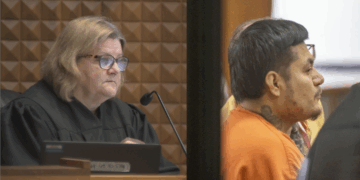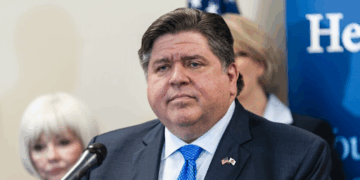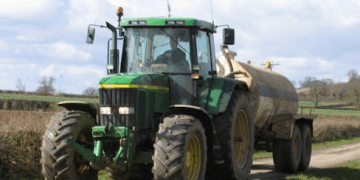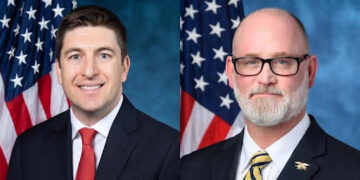The Wisconsin Supreme Court ruled that the state’s 175-year-old abortion ban is no longer enforceable, siding with Democratic officials in a high-stakes case that could shape future control of state government.
In a 4–3 decision, the Court concluded in Kaul v. Urmanski that Wisconsin Statute 940.04—originally enacted in 1849—has been “impliedly repealed” by modern abortion laws passed after the 1973 Roe v. Wade decision. Justice Rebecca Dallet, writing for the majority, emphasized that the comprehensive framework Wisconsin enacted over the last five decades has rendered the old law obsolete.
“We conclude that comprehensive legislation enacted over the last 50 years regulating in detail the ‘who, what, where, when, and how’ of abortion so thoroughly covers the entire subject of abortion that it was meant as a substitute for the 19th-century near-total ban,” Dallet wrote.
The Court pointed to laws passed in 2015—including a ban on abortions after 20 weeks—as evidence that lawmakers intended to replace, not preserve, the pre-Civil War statute. Liberal justices Janet Protasiewicz and newly elected Susan Crawford joined the majority, marking a pivotal moment after two hard-fought Supreme Court elections in which abortion rights were central.
Governor Tony Evers, who supported the legal challenge, celebrated the ruling as a major win for reproductive freedom in Wisconsin. (RELATED: Wisconsin Supreme Court Strikes Down Legislative Oversight Of DOJ Civil Settlements)
“Thanks to our lawsuit, today’s decision affirms that access to reproductive healthcare will continue to be available,” Evers said in a statement. “Wisconsin women today are not forced to face firsthand what it’s like to live in a state that bans nearly all abortions, even in cases of rape and incest.”
Pro-Life Wisconsin, a leading anti-abortion advocacy group, criticized the decision. Legislative Director Matt Sande called it “egregious” and warned that the ruling ignores longstanding precedent discouraging repeal by implication.
“The Wisconsin Supreme Court has consistently stated that acts of the legislature are presumed to be constitutional,” Sande said, citing previous rulings in State v. Glenndale Black and State v. Zawistowski. “It was certainly never the intent of the legislative authors of modern abortion regulations to repeal s.940.04.”
Sande vowed that Pro-Life Wisconsin will continue fighting for a personhood amendment and legislative efforts to outlaw abortion without exception. (RELATED: Wisconsin Budget Passes with Bipartisan Support Despite Conservative Pushback)
The Court’s decision leaves the 2015 law signed by then-Gov. Scott Walker—which bans abortions after 20 weeks—as the primary statute governing abortion access in Wisconsin. The 1849 near-total ban is no longer enforceable, but earlier restrictions enacted under the Roe-era framework remain intact.
Walker responded to the ruling by highlighting that the law he signed a decade ago now defines the legal boundary for abortion in the state.
Since the U.S. Supreme Court overturned Roe v. Wade in 2022, abortion policy has largely returned to the states. In Wisconsin, the future of abortion access will likely remain at the center of legal and political battles for years to come.































